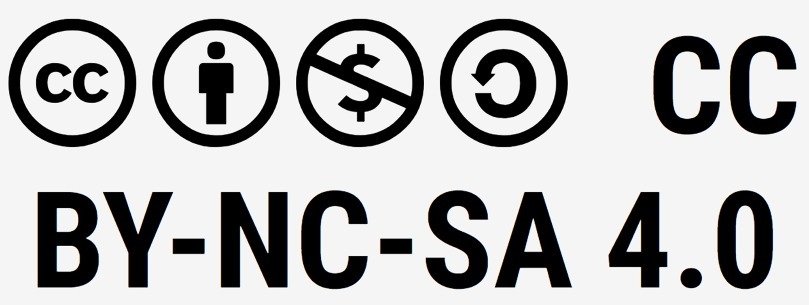Editorial Policies
Open Access and Licensing
All manuscripts accepted for publication are disseminated as open access, enabling unrestricted online availability. Readers and authors may access, download, and reproduce content for non-commercial scholarly use. Published articles are licensed under the Creative Commons Attribution-NonCommercial 4.0 International License (CC BY-NC 4.0), which permits free use, distribution, and reproduction across any medium, contingent upon proper attribution and non-commercial intent.
Peer Review Process
The publisher employs a single-blind peer-review system, wherein reviewers’ identities remain confidential to the authors, ensuring impartial and unbiased manuscript evaluation. Each submission undergoes comprehensive review by the Editorial Board and a minimum of three independent external referees possessing relevant subject-matter expertise. The Editor-in-Chief renders the final publication decision based on consolidated peer-review feedback. The peer-review workflow is designed to uphold rigorous scientific standards while promoting prompt editorial decisions.
Copyright and Author Rights
Authors retain full copyright ownership of their intellectual property. Submission implies a worldwide, royalty-free, non-exclusive license granted to ICDTD Inc to publish, distribute, and reproduce the work under the terms of the Creative Commons Attribution License (CC BY 4.0). Authors maintain the right to:
· Reproduce and disseminate the article, including incorporation into derivative and collective works for educational purposes.
· Authorize or conduct derivative works based on the original research.
· Retain exclusive commercial rights, which may be licensed separately to the publisher.
Manuscript Types
The publisher welcomes diverse scholarly contributions including, but not limited to, short communications, full-length original research, systematic reviews, case reports, conference proceedings, and thematic supplements.
Ethical Standards and Compliance
All research involving human or animal subjects must adhere to internationally recognized ethical standards. Submissions must include documented approval or exemption from an institutional review board (IRB) or equivalent ethics committee. Clinical investigations must conform to the principles outlined in the Declaration of Helsinki and comply with the International Committee of Medical Journal Editors (ICMJE) guidelines regarding informed consent and patient confidentiality. Identifiable patient information, including names, initials, or hospital numbers, must be excluded from all manuscript content. Editors reserve the right to request documentation confirming ethical compliance.
Plagiarism Detection and Prevention
To uphold scholarly integrity, ICDTD Inc utilizes Turnitin software for text similarity assessment. Manuscripts exceeding a 20% similarity index undergo further evaluation to distinguish between appropriate citation and potential plagiarism. Definitions of plagiarism include:
· Unauthorized use or appropriation of others’ words, ideas, or data without appropriate attribution.
· Self-plagiarism, or redundant publication of previously disseminated material without citation.
· Inadequate paraphrasing or verbatim text replication without quotation marks and referencing.
Particular scrutiny is applied to abstracts, introductions, methods, and discussion sections, which are critical for scientific originality. Identified cases of plagiarism lead to manuscript rejection or post-publication retraction with appropriate notifications.
Article Processing Charges and Open Access Publishing
While promoting unrestricted access to research, ICDTD Inc implements article processing charges (APCs) to subsidize editorial, production, and digital archiving expenses. APC rates vary by journal and may be discounted for society members or institutional affiliates. Authors retain the right to self-archive accepted manuscripts (post-prints) and create derivative educational materials.
Corrections, Retractions, and Withdrawals
Authors and readers are encouraged to report errors or ethical concerns regarding published content.
· Errata are issued for minor corrections in published articles.
· Article Withdrawals apply to pre-publication content found to violate ethical or publication policies, with removal and public notification.
· Retractions address serious ethical infractions such as data fabrication, plagiarism, or authorship disputes, accompanied by formal notices linked to the original publication. Retracted articles are watermarked accordingly in PDF versions, with HTML versions removed.
Policy on Redundant Publication
Preliminary findings disseminated as abstracts, posters, or non-peer-reviewed databases do not constitute prior publication. Authors submitting translations or republications must obtain necessary permissions and clearly reference original sources to avoid redundancy and duplicate publication.
Disclaimer
Responsibility for the content, including scientific accuracy and expressed viewpoints, lies solely with the authors. ICDTD Inc, its editorial staff, and board disclaim liability for any damages arising from the application of information published within its journals.









